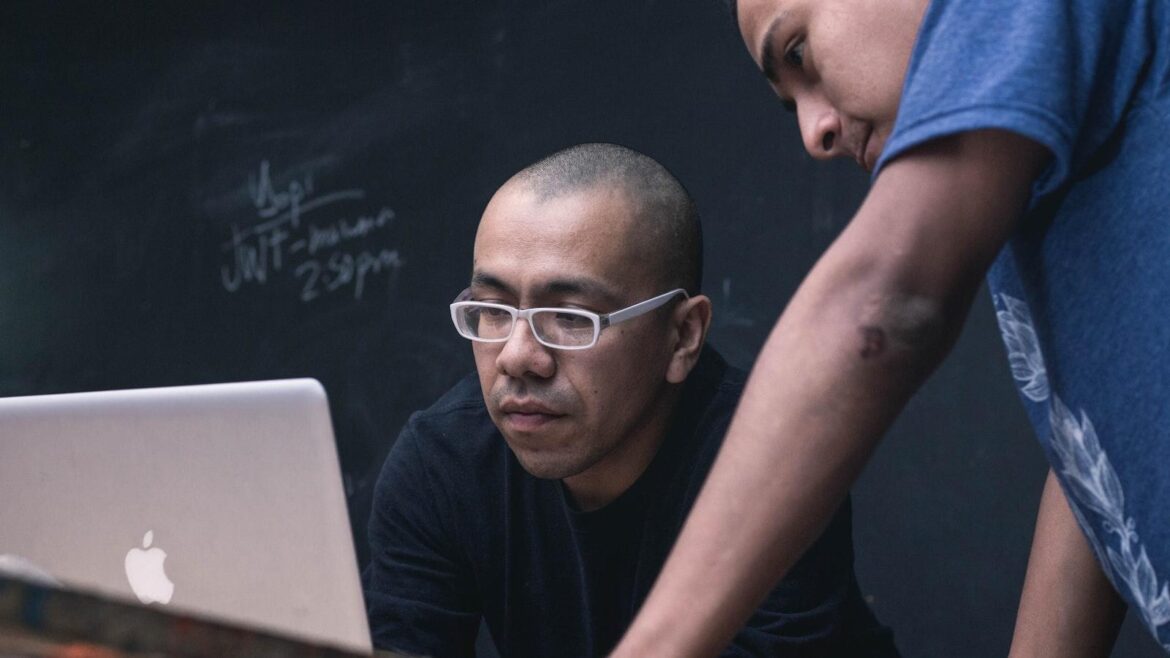In a world where the pursuit of higher education comes with a hefty price tag, many are left wondering: just how much does university cost, and is the investment worth it? Join us as we delve into the complex landscape of university expenses and explore whether a degree truly leads to a higher earning potential. Sit back, relax, and prepare to uncover the truth behind the financial realities of higher education.
The True Cost of University Education
When considering , it’s important to take into account more than just tuition fees. Additional expenses such as textbooks, accommodation, transportation, and living costs can quickly add up. It’s essential to create a budget and plan ahead to ensure you are financially prepared for the full cost of your education.
While university education can be expensive, many studies have shown that earning a degree typically leads to higher earning potential over a lifetime. Graduates tend to have better job opportunities and higher salaries compared to those without a degree. Additionally, certain fields of study, such as engineering, computer science, and healthcare, can lead to even higher earning potentials. Investing in your education can pay off in the long run, both financially and personally.

Factors Influencing Earning Potential After Graduation
When considering , it’s important to take into account the cost of attending university. The expenses associated with higher education can vary greatly depending on the institution, location, and program of study. Tuition fees, accommodation, books, and living expenses all play a significant role in how much you will need to invest in your education.
However, research has shown that, on average, individuals with a university degree tend to earn more over their lifetime compared to those with only a high school diploma. This is due to a variety of factors, including access to higher-paying job opportunities, career advancement prospects, and specialized skills acquired through education. Keep in mind that the earning potential after graduation can also be influenced by factors such as industry demand, geographic location, level of experience, and personal network.

Balancing Education Costs with Future Earnings prospects
When considering whether to pursue a higher education, one of the key factors to take into account is the cost of attending university. Tuition fees, accommodation, textbooks, and living expenses all add up, potentially leaving students with a significant amount of debt upon graduation. It’s essential to weigh the financial investment required to obtain a degree against the potential future earnings prospects that a university education can provide.
- Costs to consider:
- – Tuition fees
- – Accommodation
- - Textbooks
- – Living expenses
While the cost of attending university may seem daunting, research shows that individuals with a higher education level tend to earn more over their lifetime compared to those with only a high school diploma. Higher education can lead to improved job opportunities, higher earning potential, and a greater ability to climb the career ladder. By investing in education now, you may be setting yourself up for a more prosperous future in terms of both financial stability and career fulfillment.

Strategic Considerations for Maximizing ROI on Higher Education Investment
When considering the costs associated with pursuing higher education, it’s important to factor in tuition fees, living expenses, and potential student loan debt. While the initial investment may seem daunting, it’s essential to evaluate the potential long-term benefits. By earning a degree, individuals may increase their earning potential and open up opportunities for career advancement. To maximize ROI on higher education investment, consider the following strategic considerations:
- Choose a high-demand field: Research job market trends and select a major that aligns with industries experiencing growth.
- Seek out scholarships and grants: Explore financial aid options to reduce the overall cost of education.
- Network with industry professionals: Build connections in your desired field to enhance job prospects post-graduation.
It’s crucial to approach higher education as an investment in your future, weighing the costs against the potential rewards. By strategically planning your academic path and career trajectory, you can position yourself for success and maximize the return on your educational investment.
To Wrap It Up
As you navigate the decision-making process surrounding the cost of university and its potential return on investment, remember that the value of education goes beyond just financial gain. The skills, knowledge, and experiences gained during your time at university can shape your personal and professional development in ways that are priceless. Ultimately, the decision to pursue higher education should be based on a combination of factors, including your passions, goals, and values. So weigh your options thoughtfully and remember that the true value of your education cannot be measured solely by a paycheck.



